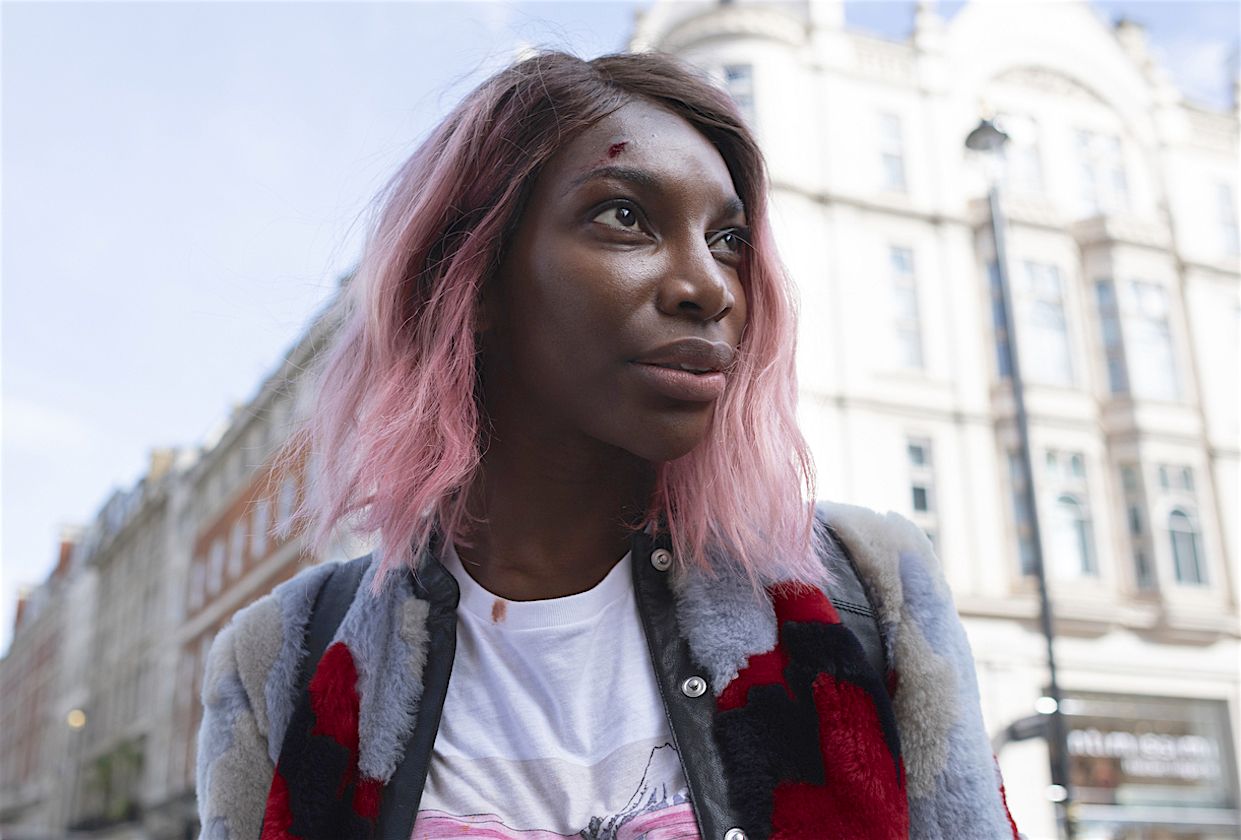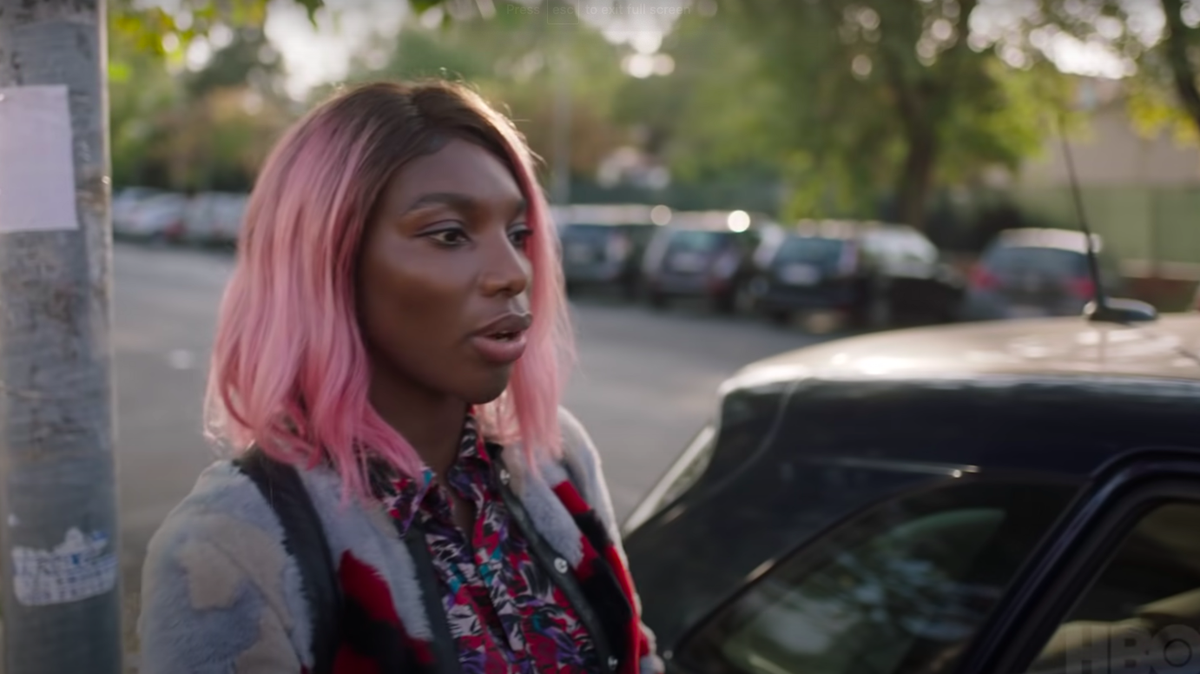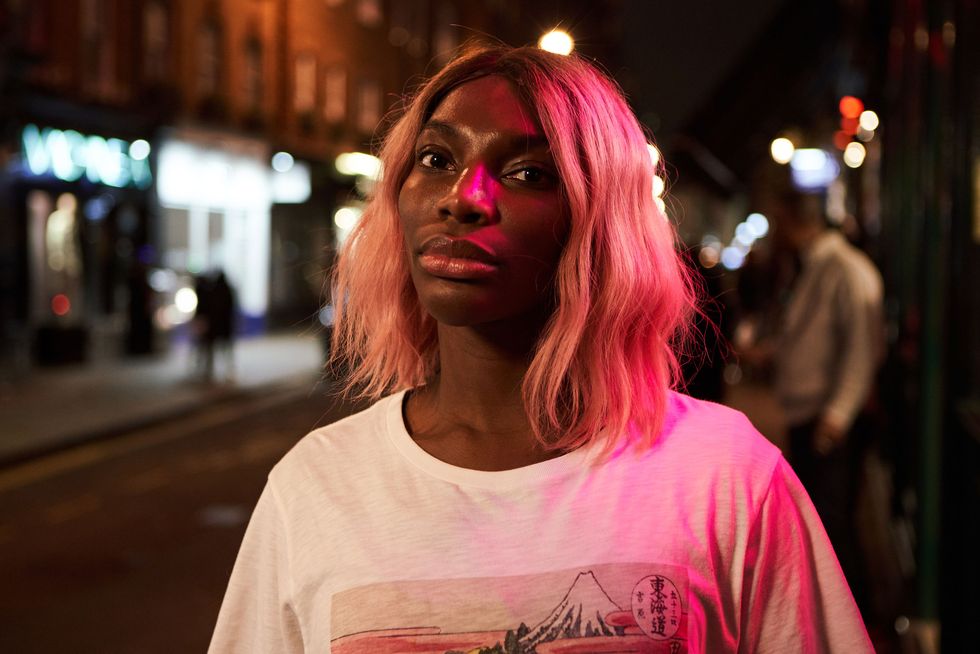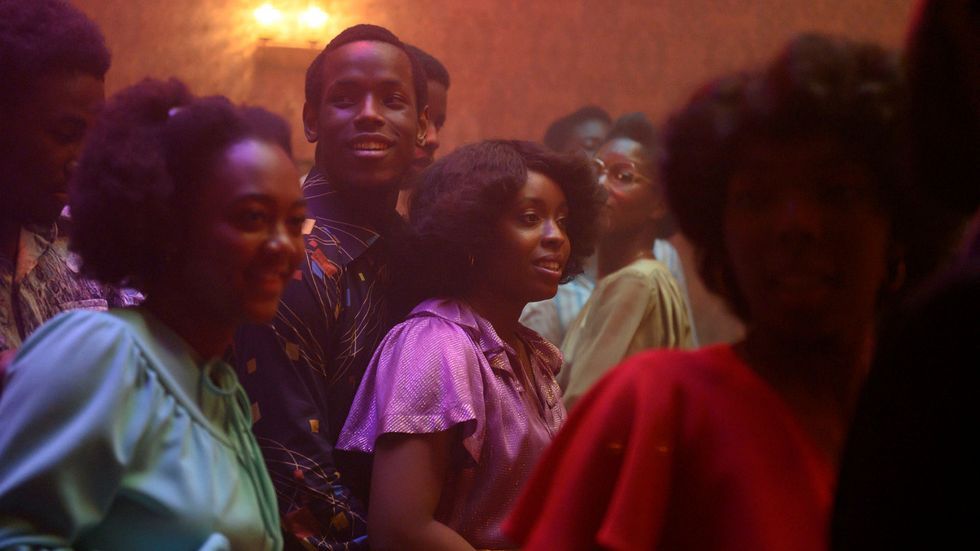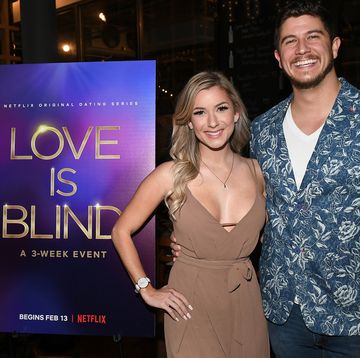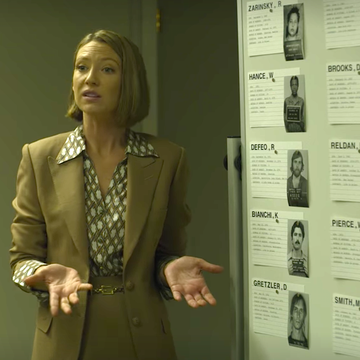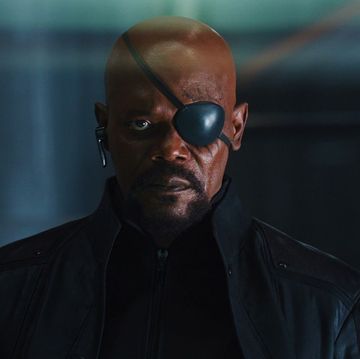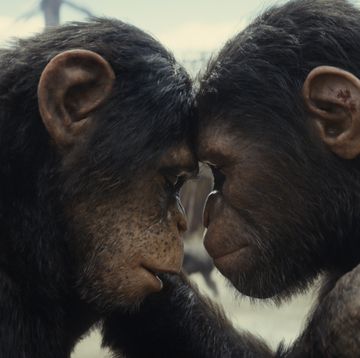There are many, many things that will be different about the Golden Globes this year, which will be presented as a virtual ceremony at the end of this month. The announcement of the nominations earlier today made sure of one striking difference: 2021 would not be another British invasion, as took place last year when Fleabag and 1917 respectively won a number of the top prizes.
Perhaps the most notable snub was of Michaela Coel's I May Destroy You, the electric BBC/HBO series which became one of the most talked about of last year. Coel wrote, directed and starred in the series, earning her comparisons to Phoebe Waller-Bridge, who had the same spread of roles in her BBC series Fleabag. Yet while the latter picked up two Golden Globes in 2020 and was nominated for another, Coel's series failed to net a single nomination.
Just like Fleabag, I May Destroy You became part of the cultural conversation, using lead character Arabella's sexual assault, as inspired by Coel's own experience, as a catalyst for difficult questions about consent, race, masculinity, friendship and trauma. That it was able to do so while still remaining darkly comic and fizzing with energy is a testament to the extraordinary writing and acting that was on display.
I May Destroy You collided with a year in which racial tensions flared in the wake of the killing of George Floyd at the hands of a police officer, and in which Black Lives Matter activists have been determined to bring about real change. Yet while many of the topics raised in I May Destroy You felt timely, the characters' journeys felt universal.
Not so, for the Hollywood Foreign Press Association, who did not recognise the series in any category. It is telling that stories of white women kissing priests at garden parties, and of soldiers triumphing in the trenches, are seen as emblematic of Britain, while honest and true depictions of the lives of young Black people are not worth awarding prestigious honours to. The snub for I May Destroy You is emblematic of the HFPA's ongoing problem with race, as illustrated by Spike Lee's Da 5 Bloods being entirely shunned, and ensembles like Ma Rainey's Black Bottom, Judas and the Black Messiah and One Night in Miami being under nominated.
One of the most recognised series this year was Netflix's The Crown, further demonstrating an obsession with Britain's past and an unwillingness to celebrate its present. Steve McQueen's brilliant anthology series of five films, Small Axe, earned just two nominations. In one of the films, Red, White and Blue, John Boyega plays Leroy Logan, a Black British police officer trying to change the system from within during the Eighties. It is a powerful performance, and one for which Boyega deserved his nomination, but it seems worth asking why stories about Black people are only deemed worthy of recognition when they involve white people or white institutions. Lovers Rock, an intoxicating film from the anthology that documents a scene of private Black joy, certainly deserved to be recognised individually for its writing and performances.
A damning report from last month found that the amount of diversity on British TV screens actually decreased last year, despite the widespread notion that things are rapidly improving. If those that are making it through are then being ignored by award bodies like the Golden Globes, the problem will only persist.
British television that depicts our whiter, more imperialistic stories, often fantasises over our past and is in denial about our present. I May Destroy You accurately rendered the Britain of today, turning pain into something beautiful. In a truly dark year, that deserves serious credit.
Like this article? Sign up to our newsletter to get more articles like this delivered straight to your inbox
